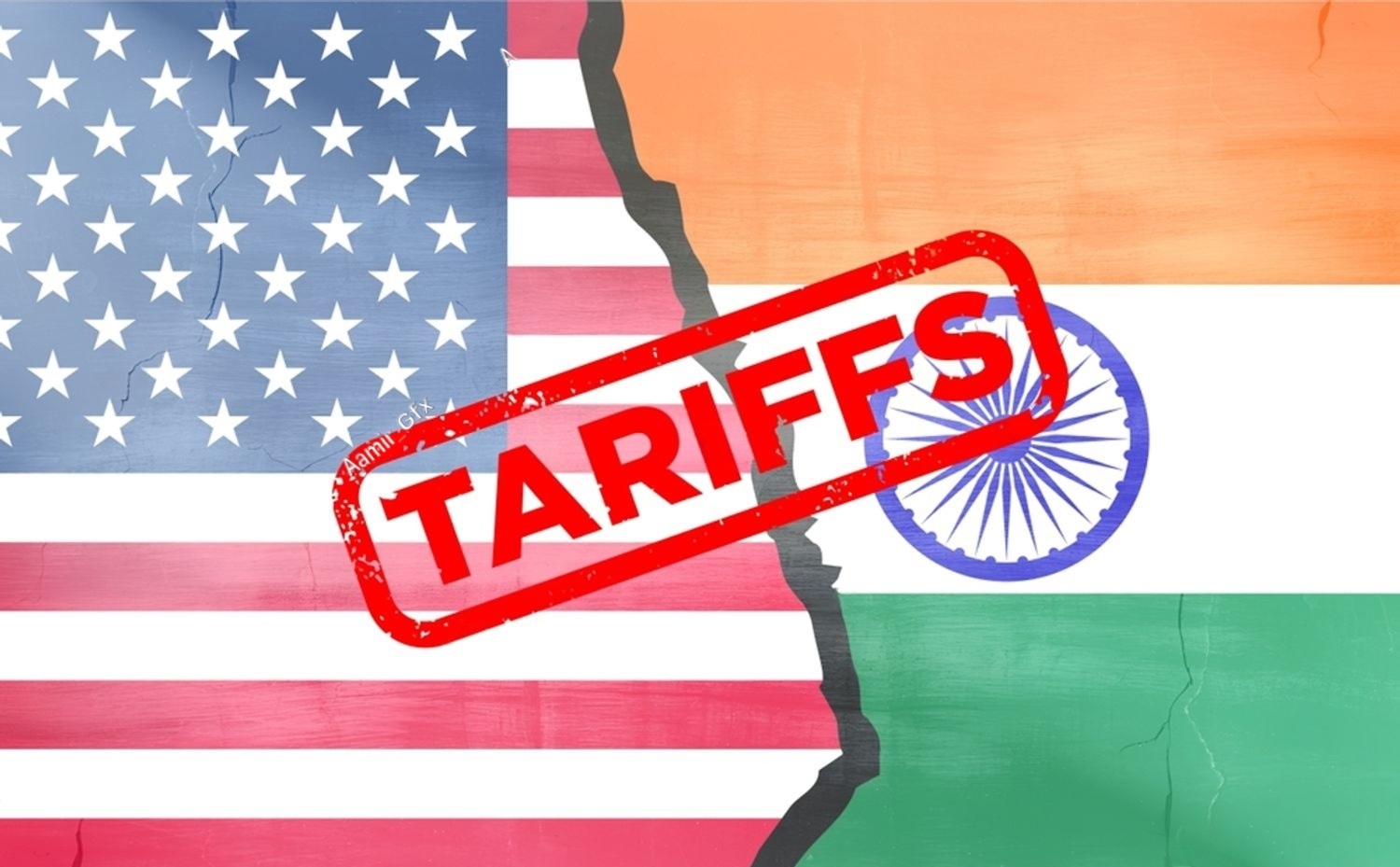CMAI US TARIFF HIKE APPAREL EXPORTS INDIAN GARMENT INDUSTRY 50% IMPORT DUTY SECTION 301 OFFICE OF US TRADE REPRESENTATIVE TRADE WAR ₹1.25 LAKH CRORE TARGET COMMERCE MINISTRY MINISTRY OF EXTERNAL AFFAIRS FACTORY SHUTDOWNS ORDER CANCELLATIONS NATIONAL
MUMBAI, MAHARASHTRA, INDIA
By IFAB MEDIA - NEWS BUREAU - August 7, 2025 | 468 3 minutes read
The Clothing Manufacturers Association of India (CMAI) has expressed deep concern over the United States; decision to further increase tariffs for from 25% to 50%, calling it a severe setback to Indian apparel exports.
“The imposition of an additional 25% tariffs on India will deliver a crippling blow to the Indian apparel industry. The proposed 50% tariff will increase the cost of Indian apparel by 30–35% compared to alternatives from countries like Bangladesh and Vietnam, making Indian exports uncompetitive in the global market. Buyers are unlikely to bear such a substantial pricing gap, which could lead to a sharp decline in export orders,” expressed Santosh Katariya, President of Clothing Manufacturers Association of India (CMAI).
He further denounced the move as “unjustified, unfair, and arbitrary.” CMAI cautions that such elevated duties could severely destabilise the Indian apparel industry and leading to factory closures, unemployment, and widespread economic distress.
Ankur Gadia, Vice President of Clothing Manufacturers Association of India (CMAI), added, “We urge the Government of India to take a firm and proactive stance on this matter and work towards negotiating more balanced and equitable trade terms with the United States.”
Rahul Mehta, Chief Mentor of Clothing Manufacturers Association of India (CMAI), stated, “While we continue to hope that this development is part of a broader negotiation strategy, we strongly recommend that both the Government and the industry collaborate urgently to devise measures that can mitigate the adverse impact of this draconian levy.”
CMAI anticipates that the coming months will be extremely challenging for the Indian apparel export sector and calls for strategic intervention to safeguard the industry’s long-
term viability.









